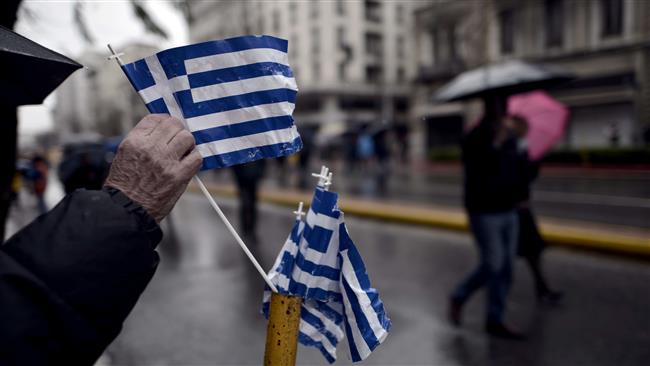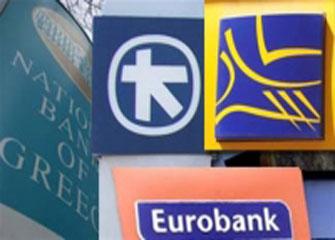Greece and its international creditors are due to resume talks on the country’s debt woes as a new survey shows the majority of the people in the cash-strapped country want an agreement over the issue.
According to a Greek government source, the negotiations between the two sides will restart on Monday following a telephone conversation between Greek Prime Minister Alexis Tsipras and German Chancellor Angela Merkel.
During the Sunday phone conversation, the two leaders voiced “their willingness to establish stable communication throughout the negotiations, in order to quickly reach an agreement that is good for both sides,” the unnamed source said.
Tsipras also met with Eurogroup chief Jeroen Dijsselbloem in an attempt to accelerate the stalled talks as the debt-ridden country wants the last tranche of its bailout – worth EUR 7.2 billion (USD 7.8 billion) – to be unlocked to help Athens avoid default and a possible exit from the European Union (EU).
The group, which is comprised of the finance ministers of the 19-member eurozone and in charge of the negotiations on Greece’s debt, will hold a teleconference with Greek officials on Monday, while a second meeting in person will take place on Wednesday in the Belgian capital, Brussels.
Public opinion on deal
Meanwhile, a poll published on Sunday in Greek paper To Vima showed that seven out of ten Greeks want their leaders to cut an agreement with their creditors.
According to the survey of 1,007 people, slightly fewer than 72 percent of the participants in the poll said they supported a deal with creditors in response to the question “What would be the best solution for the country?” while just more than 23 percent of Greeks said they would rather see their country leave the EU.
In the survey, which was carried out from April 21 to 22, just over 20 percent of the respondents said they would like to return to their old currency, the drachma.
Greece was given two bailouts in 2010 and 2012 worth a total of EUR 240 billion (USD 272 billion) from the international lenders following the country’s 2009 economic crisis.
MR/HJL/HRB



















